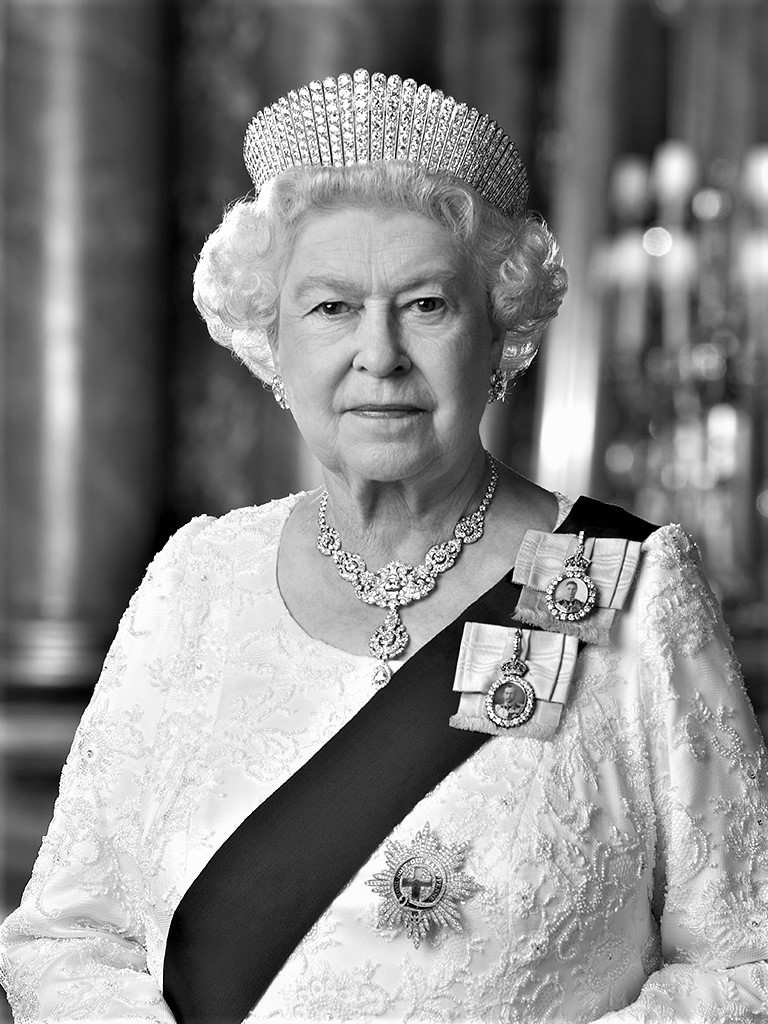Diet and IBD

The following information and resources are here to help you better understand your IBD and the role of diet within the disease.
The dietetic department and IBD team have worked beside an IBD patient focus group to help identify the information you would find most useful. This information has contributed to developing this webpage and the leaflets included.
The dietetic department and IBD team have worked beside an IBD patient focus group to help identify the information you would find most useful. This information has contributed to developing this webpage and the leaflets included.
Can Diet cause IBD?
Alone, no.
As IBD affects the digestive system it is natural to think that food is the cause. Research has shown that IBD is caused by multiple factors such as smoking, infection, viruses, stress and diet.
There is growing evidence that eating a diet high in saturated fat and refined sugars as well as a diet low in fruit and vegetables can contribute to developing IBD. Once diagnosed with IBD you may have certain trigger foods which can contribute to an IBD flare or foods which will generally be poorly tolerated.
As IBD affects the digestive system it is natural to think that food is the cause. Research has shown that IBD is caused by multiple factors such as smoking, infection, viruses, stress and diet.
There is growing evidence that eating a diet high in saturated fat and refined sugars as well as a diet low in fruit and vegetables can contribute to developing IBD. Once diagnosed with IBD you may have certain trigger foods which can contribute to an IBD flare or foods which will generally be poorly tolerated.
Can Diet cure IBD?
The aim of dietary intervention is to identify any trigger foods, adapt your diet to minimise symptoms and ensure you remain nutritionally well during a flare and remission. Unfortunately, it cannot cure your IBD.
Why is nutrition important?
Nutrition is important for every individual. Food and fluid fuels the body for everyday living and helps us recover from illness.
If you have IBD good nutrition is vital in promoting fast recovery, aiding gut healing and maintaining remission for longer. During an active disease state your nutritional absorption is not at it's best and your nutritional needs are much greater. The resources on this webpage and the leaflets can help prevent nutritional problems.
If you have IBD good nutrition is vital in promoting fast recovery, aiding gut healing and maintaining remission for longer. During an active disease state your nutritional absorption is not at it's best and your nutritional needs are much greater. The resources on this webpage and the leaflets can help prevent nutritional problems.

The Eat well Guide separates food and drinks into five groups. A healthy balanced diet should contain a balanced and varied amount from each group.
What are the key nutrients I need?
Following a healthy balanced diet is important and a variety of food and drinks should be included on a daily bases. Certain food groups are helpful in preventing some common nutritional problems in IBD listed below.
Weight loss occurs when your dietary intake does not include enough calories and protein to meet your nutritional requirements. Ensuring you consistently have an adequate intake of calories and protein each day will minimise the risk of weight loss. Protein is also needed to maintain and develop new muscle mass.
Weak bones can arise if your calcium and vitamin D intake is poor.
Iron Deficiency Anaemia develops from poor absorption, blood loss and poor dietary intake.
Vitamin and mineral deficiencies often results when a dietary intake is small and limited for example low in fruit and vegetables. A limited intake can occur from symptoms causes excess losses, dietary preferences and a reduced appetite.
For further information on how to improve/prevent these problems see the 'What should I eat?' section and the extra leaflets and resources included in the webpage.
Weight loss occurs when your dietary intake does not include enough calories and protein to meet your nutritional requirements. Ensuring you consistently have an adequate intake of calories and protein each day will minimise the risk of weight loss. Protein is also needed to maintain and develop new muscle mass.
Weak bones can arise if your calcium and vitamin D intake is poor.
Iron Deficiency Anaemia develops from poor absorption, blood loss and poor dietary intake.
Vitamin and mineral deficiencies often results when a dietary intake is small and limited for example low in fruit and vegetables. A limited intake can occur from symptoms causes excess losses, dietary preferences and a reduced appetite.
For further information on how to improve/prevent these problems see the 'What should I eat?' section and the extra leaflets and resources included in the webpage.

If I have IBD should I exercise?
Yes, exercise helps maintain a healthy heart, reduces likelihood of weight gain, helps maintain muscle and helps relieve stress. You should aim for daily exercise of which does not have to be strenuous, eg walking to work, taking the stairs, dancing.
If you have IBD, exercise may result in urgency, more often if the exercise is strenuous and done for long periods. If nervous to do exercise why not start with a short walk and build from there you will soon realise what your own limits are.
If you have IBD, exercise may result in urgency, more often if the exercise is strenuous and done for long periods. If nervous to do exercise why not start with a short walk and build from there you will soon realise what your own limits are.
Can stress cause IBD?
To a certain extent, yes.
The reason is unknown but stress and anxiety can worsen and trigger symptoms. Why not try some relaxation therapies, find some support with others, exercise or music can be useful in helping you stay relaxed.
The reason is unknown but stress and anxiety can worsen and trigger symptoms. Why not try some relaxation therapies, find some support with others, exercise or music can be useful in helping you stay relaxed.

